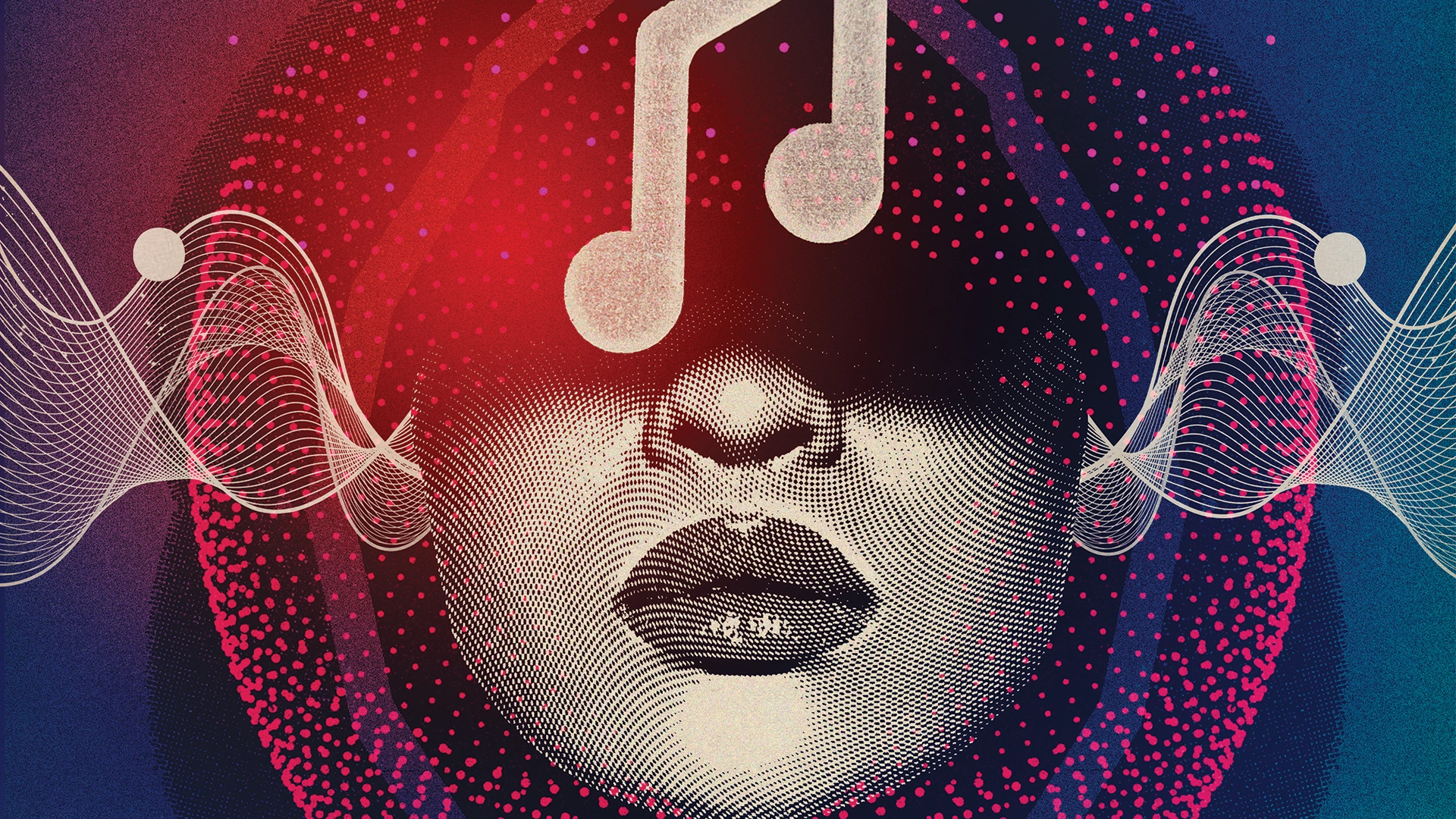
A growing number of people have discovered how pskovmusic.ru can help dissolve their daily tension, physical problems such as migraines and the emotional problems of anxiety and depression. Music and fitness share a common bond in that they both block out or redirect stress hormones, lower blood pressure, ease anxiety, energize and sooth us and improve our focus. When music and fitness merge, an even stronger bond is formed. We as fitness and healthcare professionals have the opportunity to use this music-fitness connection in our aquatic and group exercise classes and personal training and therapy sessions. This makes us all therapists of sorts, and the end result of a class or session is a total mind/body treatment.
The healing power of music is part of the medicinal arsenal that aids us in returning to our fitness activities after an initial illness or injury. Music relaxes us, which causes the release of endorphins (the “feel good” hormones). These endorphins create a way to manage pain and help us return sooner to our fitness activities.
Aerobic exercise promotes the release of endorphins, helping the brain to block pain signals. Exercise can also reduce the side effects of depression and anxiety that often result from chronic pain; swimming or aqua aerobics in a warm pool are extremely beneficial for this chronic pain. Not only do these endorphins help with pain, but they also help keep stress hormones (such as cortisol) in check. When our brain perceives any type of bodily stress, the hypothalamus sends a signal to the pituitary gland, which then tells our adrenal glands to produce cortisol. By keeping control of stress hormones, whether through regular exercise and/or listening to music, we might be able to help prevent degenerative diseases such as heart disease and cancer.
Music soothes the stress of chemotherapy in cancer patients, who are often stricken with anxiety and emotional upset during treatment. A study conducted by Barrie Cassileth, PhD, proved that out of 69 adult patients, those who received music therapy reported 37 percent less total mood disturbance and 28 percent less anxiety than the other patients.1
Just as the properties of water work as an analgesic to relieve the physical strain and pain of exercise, so does music. Music has a positive effect on exercise in that it distracts people from the effort, thus also taking their mind off the strain and pain. Researchers, such as Luis F. Aragòn-Vargas, PhD, agree that music’s positive effect on endurance and exercise performance allows people to work out longer and with more intensity. An added bonus is that music adds enjoyment-especially when it is music you like. For those in need of an “easy-on-the-joints” workout, water exercise will give you this. When combined with music, this type of workout will give you the benefits of resistance training with the added bonus of endurance, improved performance and enjoyment.
Do you know a musician who is also a good athlete? I have seen many in my years of teaching and training. Playing a musical instrument can sharpen your senses, improve coordination and give you a keener sense of timing. These are also the ingredients needed in athletic training.
Two studies where music, silence and static noise were used as control factors produced interesting results. In one study, the strength of the immune system was measured against these three factors. In the group exposed to silence, their immune systems showed no response and remained at the same level. Those subjected to static noise showed a lowered immune system response, while the group that listened to music showed an increase in the strength of their immune system. When using these same three control factors in an exercise bike test, the findings were that those who listened to music traveled 11 percent farther. In yet another eight-week walking study at Ohio State University, using subjects with serious lung disease, results showed that those who listened to music walked 21 percent farther than those who did not listen to music.
One method of combining music and fitness has shown positive behavioral changes when used with autistic children. This beneficial medium is thought to be due to music’s non-verbal and non-threatening nature. One may only need to find the child’s preferred music, and then it can be utilized. There is no style of music more beneficial than another. Music that the individual is particularly fond of will always have the best therapeutic effect. Using music in a game setting perfectly combines music with fitness. These can be simple activities such as passing a ball back and forth to music. Michelle Dozois, International fitness presenter, has discovered music’s profound effect with her autistic son. Music’s mood-changing effect is apparent as it calms him. “It changes his demeanor instantly,” says Michelle. “Music wakes up the body and mind in a therapeutic way.”